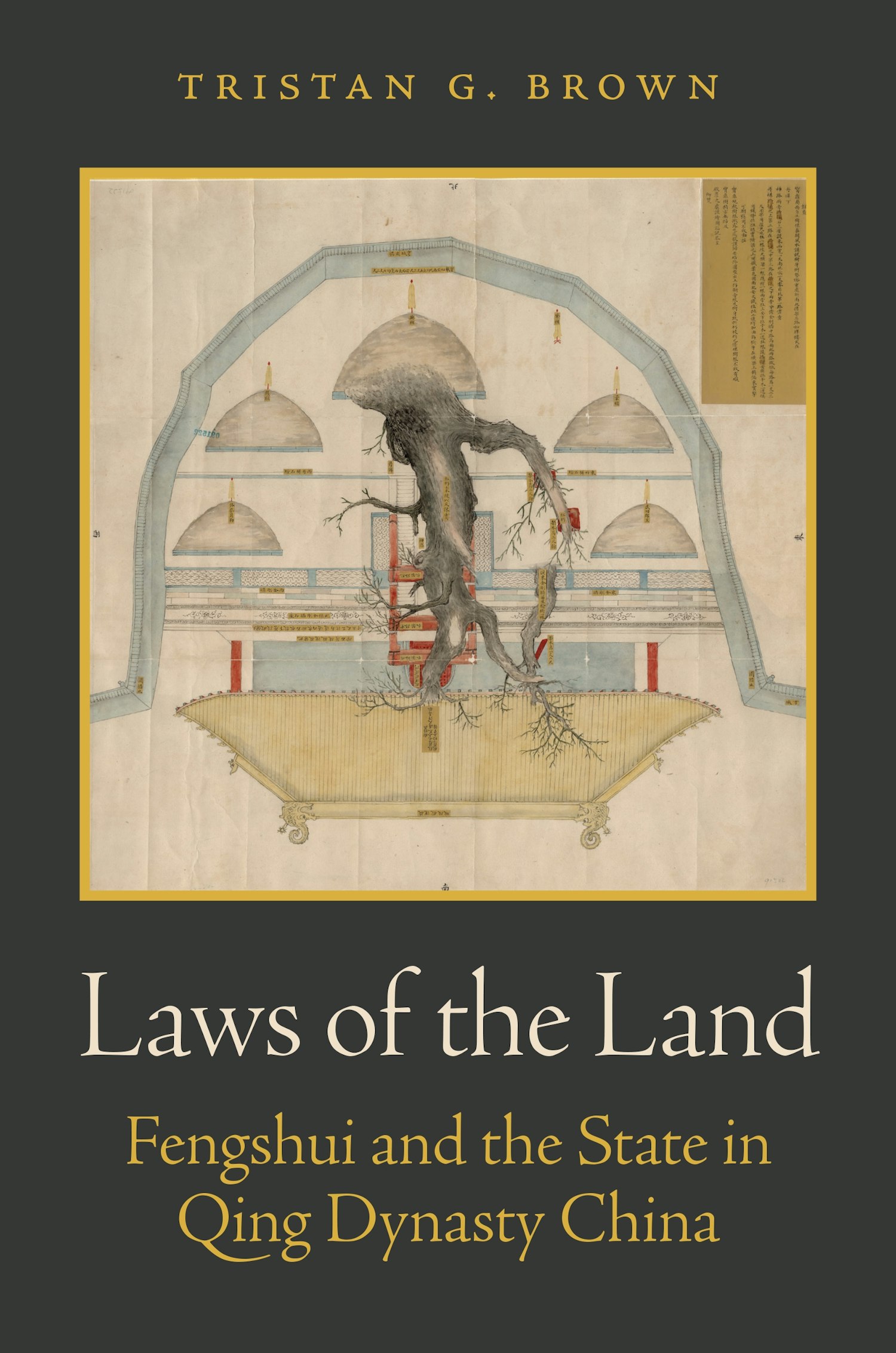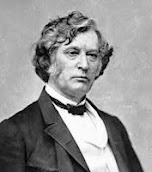[We have the folllowing call for papers for an international, on-line conference. H/t: JW. DRE]
The Conservative Turn, the Uses of the Past and the Defense of Democracy in Latin America: The Agenda of the 21st Century, March 20-22, 2024
The Organizing Committee of the International Workshop "The Conservative Turn, the Uses of the Past and the Defense of Democracy in Latin America: The Agenda of the 21st Century" invites everyone to participate in the event, which will be held from March 20 to 22, 2024 virtually, thus allowing the participation of experts from Latin America and the world. It is sponsored by the Latin American Council of Social Sciences (CLACSO) as part of its initiative "Democracy, Human Rights and Peace: Crossroads and Challenges from the State and Social Organizations", and co-organized by the Centre for Argentine and American History at the University of La Plata (CHAyA-UNLP, Argentina), the Department of History at the Industrial University of Santander (UIS, Colombia), the Network of Anthropologies of the South (RedAS), and the Network of Connected History of the Atlantic World (RHCMA).
Call for Papers. Research on the political uses of the past has been closely related to the experiences of traumatic pasts: repressive cycles during military dictatorships, containment of political dissidence in so-called "democratic" contexts, and systematic genocides not recognized by the State. Since the end of the last century, in Latin America, we have witnessed the rapid development of literature that addresses sensitive issues such as the politics of memory and forgetting, the perceptions of time among communities victimized by violence and their disputes with the State, the tensions over the reinterpretation and reappropriation of public spaces, the manipulation of historical narratives through governmental through government spokespersons, media and social networks, the creative responses of social movements to counteract the creative responses of social movements to counteract hate speeches, the role of the management of the past in the of the past in processes of transitional justice and national reconciliation, among other topics. These processes take place in the midst of constant tension in various relational spaces, which makes relevant the growing concern of humanists and social scientists about the humanists and social scientists on these issues, which are essential to understanding the construction, restructuring and social scientists about these issues, which are essential to understand the construction, restructuring and weakening of democratic experiences. However, we continue to note that, in most cases, the analyses are constructed under the idea of enclosed or closed "national laboratories".
Recently, we have witnessed a period of instability characterized by political cycles oscillating between, on the one hand, a (re)emergence of the neoliberal promise and a rise in the influence of right-wing ideologies, and, on the other hand, new alliances and political reconfiguration among progressive sectors interested in slowing or counteracting the advance of the conservative turn. There has been a "cascade effect" of ideologies that promote militarism, anti-communism and intolerance based on criteria of race, ethnicity, gender and social class, insinuating that state violence should - once again - be considered as a fundamental strategy for the construction of a "new" social order, even though, at times, imaginations of a "new" social order are not as novel as they may seem. In Brazil, this situation became evident with the endorsement of former president Bolsonaro's support for the commemoration of the civil-military dictatorship, considering it a patriotic experience that could be a patriotic experience capable of boosting national pride. In Argentina, the traditional right-wing, in the figure of Patricia Bullrich, centered their 2023 electoral campaign on the promise of the 2023 electoral campaign to strengthen the penal system, linking this political proposal with the slogan "An orderly country". The strengthening of the police state in El Salvador has inspired the most radical sectors in the region. Even headlines in influential newspapers, such as El Pais in Colombia, have suggested that "Bukele replaces Uribe as a source of inspiration for the right." The domino effects these projects, and their discourses in the recent past have had on political contests in Latin American countries are just a few examples that draw attention to connections and points of convergence that await and are waiting to be studied.
We consider it necessary to promote a dialogue with a regional approach. In this sense, we encourage Latin American researchers and Latin Americanists to participate in this space interested in both comparisons and connections, within the region and from a global perspective. Participants are expected to share research advances, theoretical-methodological approaches and practical experiences that help to think about the challenges that the Conservative Turn has generated - and continues to generate - in the region, as well as the mobilization of discourses on traumatic pasts and their impact on democratic coexistence. The event will emphasize addressing issues related to the harmful uses of the past, highlighting the complex intersections between memory, forgetting, trauma and processes of politicization related to repressive experiences or politicization related to repressive experiences.
We do not consider the notion of harmful uses of the past closed. Still, we frame it within the codes of shared ethics of human rights, understanding that noxious understanding that harmful encompasses any idea, discourse or action that violates the recognition of human rights, the recognition of the human condition, and institutional structures that guarantee this condition. We leave numerous possibilities for the researchers invited to the workshop to creatively analyze how these processes shape shared democratic challenges in the region.
[More after the jump.]


















.jpg)
